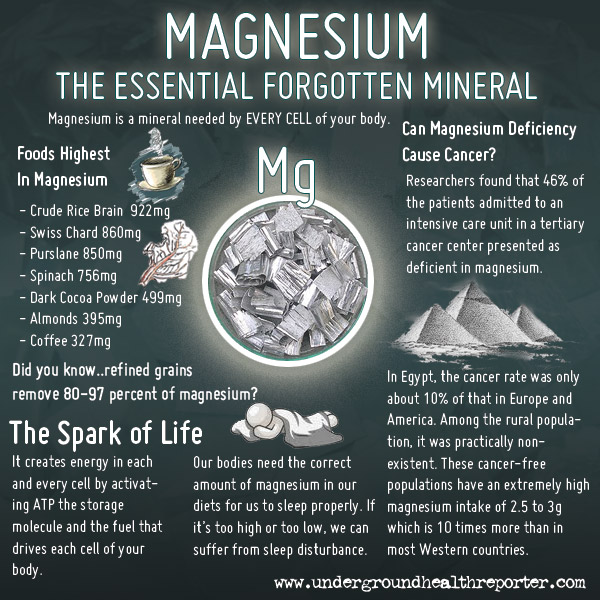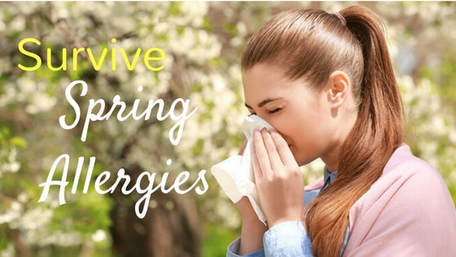Did you know more than 40% of Canadians do not get the daily required dose of magnesium?
That is almost ½ of people that are not getting enough of this vital mineral! Magnesium (Mg) is needed by all your cells playing a part in over 350 chemical reactions! Required for energy production, contributing to heart, muscle, and nerve health.
Some signs of magnesium deficiency include: Muscle weakness, cramps, anxiety, restless legs, high blood pressure, poor heart function, dizziness and fatigue.
Foods with decent Mg content: nuts, seeds, fish, spinach, cereals/grains – but levels are not as high as they used to be in food. Overtime with years of intensive farming the soils have been depleted of mineral content. Not to mention processing of food further depletes mineral and vitamins.
Supplements: What form is best?
Mg Glycinate is bonded to the amino acid glycine, a neurotransmitter that also has relaxing properties. This form has the highest absorption and bioavailability and is best for those trying to remedy a deficiency.
Mg Citrate is most common found in supplements and is a good source of Mg.
Mg Oxide is least absorbed and has the highest percentage of elemental Mg per dose.
Topical Mg is also an option and can be especially beneficial for addressing muscle soreness.
Consult an Naturopathic Doctor for the most specific recommendation for your health, Book your visit with Dr. Lindsey today, call 604-779-7869!
That is almost ½ of people that are not getting enough of this vital mineral! Magnesium (Mg) is needed by all your cells playing a part in over 350 chemical reactions! Required for energy production, contributing to heart, muscle, and nerve health.
Some signs of magnesium deficiency include: Muscle weakness, cramps, anxiety, restless legs, high blood pressure, poor heart function, dizziness and fatigue.
Foods with decent Mg content: nuts, seeds, fish, spinach, cereals/grains – but levels are not as high as they used to be in food. Overtime with years of intensive farming the soils have been depleted of mineral content. Not to mention processing of food further depletes mineral and vitamins.
Supplements: What form is best?
Mg Glycinate is bonded to the amino acid glycine, a neurotransmitter that also has relaxing properties. This form has the highest absorption and bioavailability and is best for those trying to remedy a deficiency.
Mg Citrate is most common found in supplements and is a good source of Mg.
Mg Oxide is least absorbed and has the highest percentage of elemental Mg per dose.
Topical Mg is also an option and can be especially beneficial for addressing muscle soreness.
Consult an Naturopathic Doctor for the most specific recommendation for your health, Book your visit with Dr. Lindsey today, call 604-779-7869!



 RSS Feed
RSS Feed